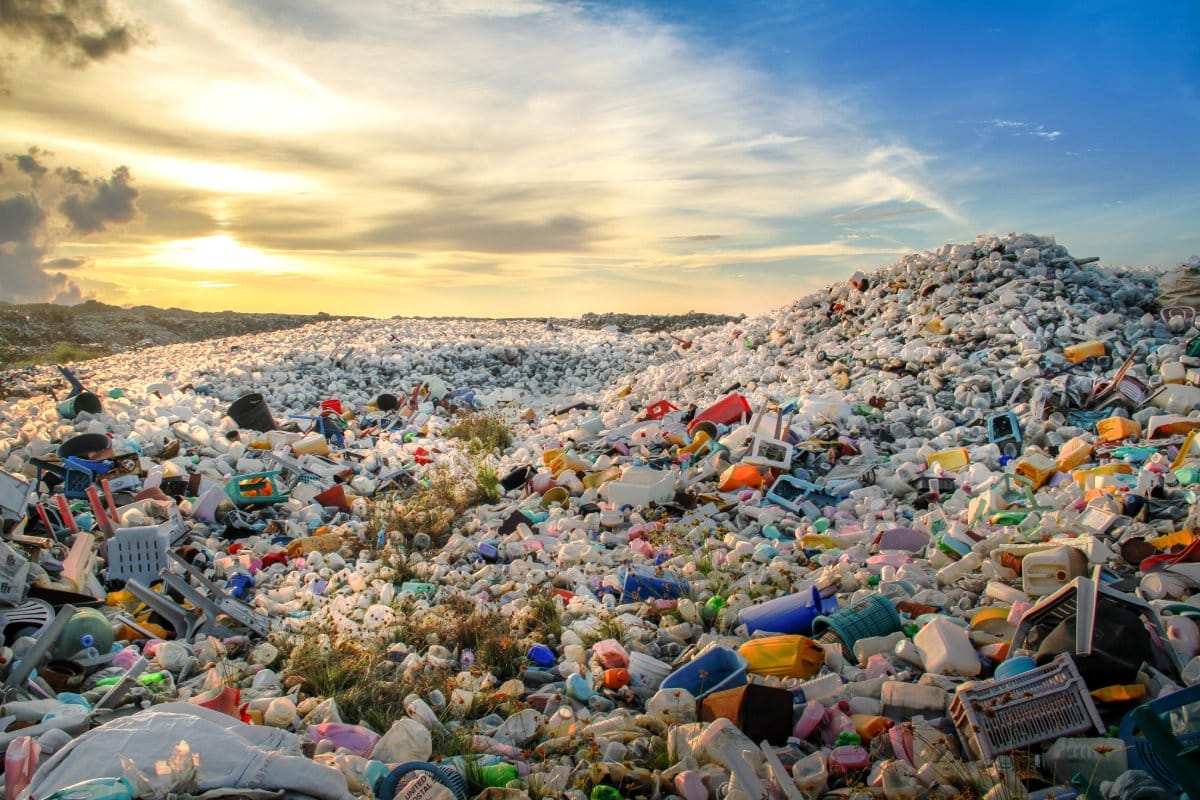Think your non-eco-friendly habits aren’t hitting your wallet? Think again. Here are 20 ways that not saving the planet is actually costing you money.
1. Higher Energy Bills

Ignoring energy-efficient appliances means you’re paying more for electricity every month. Those old appliances are draining your bank account.
2. Increased Water Bills

Using outdated, water-guzzling fixtures can spike your water bills. Simple upgrades to low-flow faucets and showerheads can significantly cut your costs.
3. Frequent Appliance Replacement

Cheap, non-energy-efficient appliances break down faster, leading to frequent replacements. Investing in high-quality, eco-friendly appliances saves money in the long run.
4. Fuel Costs

Driving gas-guzzling cars means more frequent trips to the gas station. Switching to a fuel-efficient or electric vehicle can save you thousands annually.
5. High Heating and Cooling Costs

Poor home insulation and inefficient HVAC systems lead to higher energy bills. Proper insulation and energy-efficient systems lower these costs dramatically.
6. Food Waste

Throwing away uneaten food is like tossing money in the trash. The average American family wastes $1,500 worth of food each year.
7. Medical Bills from Pollution

Exposure to air and water pollution can lead to health problems like asthma and cancer, resulting in hefty medical bills.
8. Increased Insurance Premiums

Climate change increases the frequency of natural disasters, raising home and health insurance premiums. Your non-eco-friendly choices contribute to these rising costs.
9. Waste Disposal Fees

Generating excessive waste means higher waste disposal fees. Reducing waste and recycling can cut these costs.
10. Water Damage Repairs

Ignoring eco-friendly landscaping practices can lead to water damage and erosion, costing you in repairs and maintenance.
11. Higher Grocery Bills

Non-sustainable farming practices contribute to soil degradation and reduced crop yields, which drive up food prices. Supporting sustainable agriculture can help stabilize these costs.
12. Loss of Property Value

Homes in areas prone to environmental degradation and natural disasters can lose value. Investing in eco-friendly home improvements can protect your property’s worth.
13. Expensive Fertilizers and Pesticides

Using chemical fertilizers and pesticides not only harms the environment but also your wallet. Organic gardening methods are cheaper and healthier in the long run.
14. Increased Clothing Costs

Fast fashion might seem cheap, but low-quality clothes wear out quickly, leading to frequent replacements. Investing in durable, eco-friendly clothing saves money over time.
15. High Water Heating Costs

Old water heaters consume more energy, raising your utility bills. Switching to an energy-efficient water heater can reduce these costs.
16. Expensive Home Repairs

Neglecting eco-friendly home maintenance can lead to costly repairs. Sustainable practices like proper insulation and energy-efficient windows prevent such expenses.
17. Lost Productivity

Health issues caused by pollution and poor indoor air quality can lead to lost productivity and income. Maintaining a healthy, eco-friendly home environment supports better health and productivity.
18. Expensive Lawn Care

Maintaining a conventional lawn with chemicals and excessive water use is costly. Eco-friendly landscaping with native plants reduces these expenses.
19. Frequent Technology Upgrades

Cheap, non-sustainable electronics break down faster, leading to frequent replacements. Investing in high-quality, eco-friendly tech products saves money and reduces electronic waste.
20. Travel Costs

Frequent car use for short trips adds up in fuel costs and vehicle maintenance. Walking, biking, or using public transportation can significantly cut these expenses.
Time to Get Savvy

Not saving the planet is costing you more than you think. By making eco-friendly choices, you can save money while protecting the environment. It’s time to rethink your habits and start seeing the financial benefits of going green.
The post 20 Hidden Financial Costs of Non-Eco-Friendly Choices You Didn’t Know About first appeared on Mama Say What?!
Featured Image Credit: Shutterstock / MOHAMED ABDULRAHEEM.
For transparency, this content was partly developed with AI assistance and carefully curated by an experienced editor to be informative and ensure accuracy.





